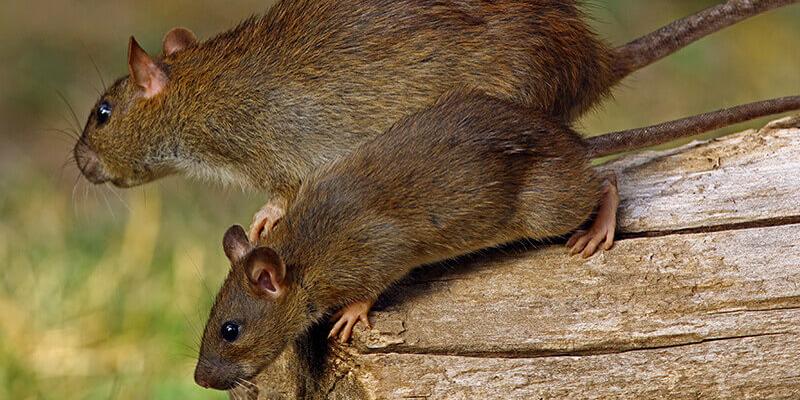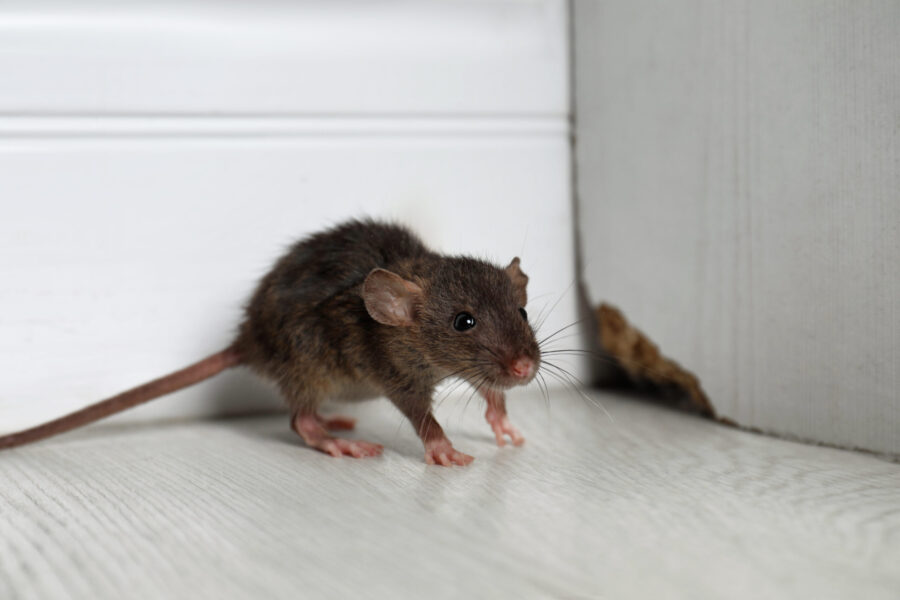AI Pest Protection for Food Exporters: How It Transforms the Industry
Share
The realm of food exportation faces numerous challenges, one of the most significant being pest control. The presence of pests not only jeopardizes crop quality but can also tarnish the reputation of exporters. Fortunately, the advent of AI pest protection emerges as a promising solution, revolutionizing the way exporters handle these persistent problems.
AI pest protection for food exporters is transforming the industry by integrating artificial intelligence into traditional agricultural practices. This innovation offers solutions that are not only efficient but also sustainable. As food exporters grapple with the need to maintain high-quality standards in their consignments, AI-based pest control technologies are making a substantial impact on how these demands are met.

The Rise of AI in Pest Control
Gone are the days when manual inspection was the sole method for detecting pests. With AI, food exporters have access to advanced detection and prevention tools. These AI-powered systems use machine learning algorithms to identify pest populations early, allowing exporters to implement targeted and timely interventions.
Such technologies not only reduce the reliance on chemicals but also promote sustainability. For instance, agricultural sectors utilizing AI-based systems have reported a noticeable decrease in pesticide use, leading to better crop quality and sustainability goals. The concepts explored in AI mouse traps provide further insights into how AI is reshaping pest control methods across various domains.
AI's Role in Optimizing Export Quality
In the competitive market of food exporting, quality assurance is paramount. AI pest protection systems ensure that the threat of pests does not compromise the quality of exports. One of the key features of AI in this area is its ability to provide predictive analytics, enabling exporters to forecast potential pest issues before they turn into significant problems.
Moreover, with the integration of AI tools, exporters can enhance the safety measures within warehouses and storage facilities. An informative resource discussing strategies for addressing rodents in warehouse facilities emphasizes the importance of proactive pest management in maintaining the integrity of stored products.
Economic Impacts of AI Pest Protection
The financial implications of pest invasions can be devastating for food exporters. However, by employing AI-driven solutions, companies can significantly reduce costs associated with pest control and manage resources more effectively. The lower dependency on traditional pesticides and the targeted application of interventions mean that the environmental footprint is reduced.
Furthermore, the predictive nature of AI allows for better budget allocation towards pest management, ensuring that funds are utilized efficiently and effectively. Understanding the economic aspects of pest control is crucial for stakeholders, and articles such as tech-enabled rodent control offer great insights into this topic.
Challenges and Future Prospects
While AI pest protection offers numerous benefits, challenges such as high initial costs and the need for technical expertise still exist. As the technology advances, these challenges are expected to diminish, paving the way for wider adoption across the industry.
The future prospect of AI in pest protection is promising. Continued technological advancements will likely make these systems more accessible and user-friendly, enabling even small-scale exporters to benefit from enhanced pest control solutions. The comprehensive analysis presented in articles like pest tracking systems across different sectors underscores the ongoing evolution of AI in this field.
Conclusion
AI pest protection for food exporters represents a transformative leap in pest control methods. As this technology continues to evolve, it not only addresses current challenges but also paves the way for sustainable and efficient pest management strategies, ultimately benefiting both the environment and the economy.

FAQ
What is AI pest protection? AI pest protection leverages artificial intelligence to detect, monitor, and manage pest populations, typically offering more efficient and sustainable solutions compared to traditional methods.
How does AI benefit food exporters? By using AI, food exporters can enhance the quality and safety of their products, reduce chemical use, and achieve better economic outcomes by preventing pest-related damages.
Are there economic benefits to using AI pest protection? Yes, AI pest protection can reduce costs associated with pest damages and chemical treatments while optimizing resources and improving budget allocation for pest management.
This article contains affiliate links. We may earn a commission at no extra cost to you.
